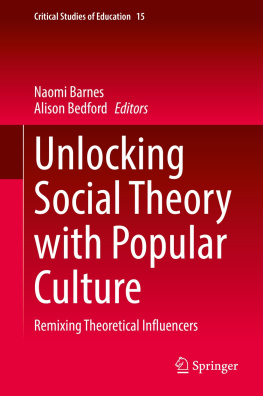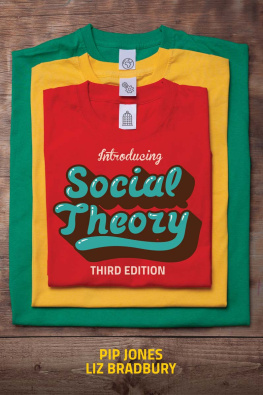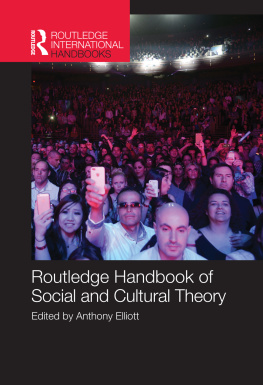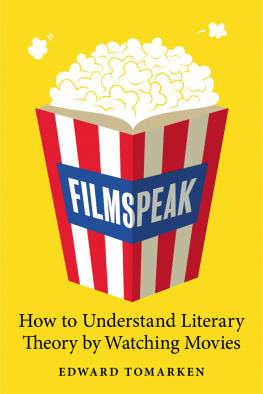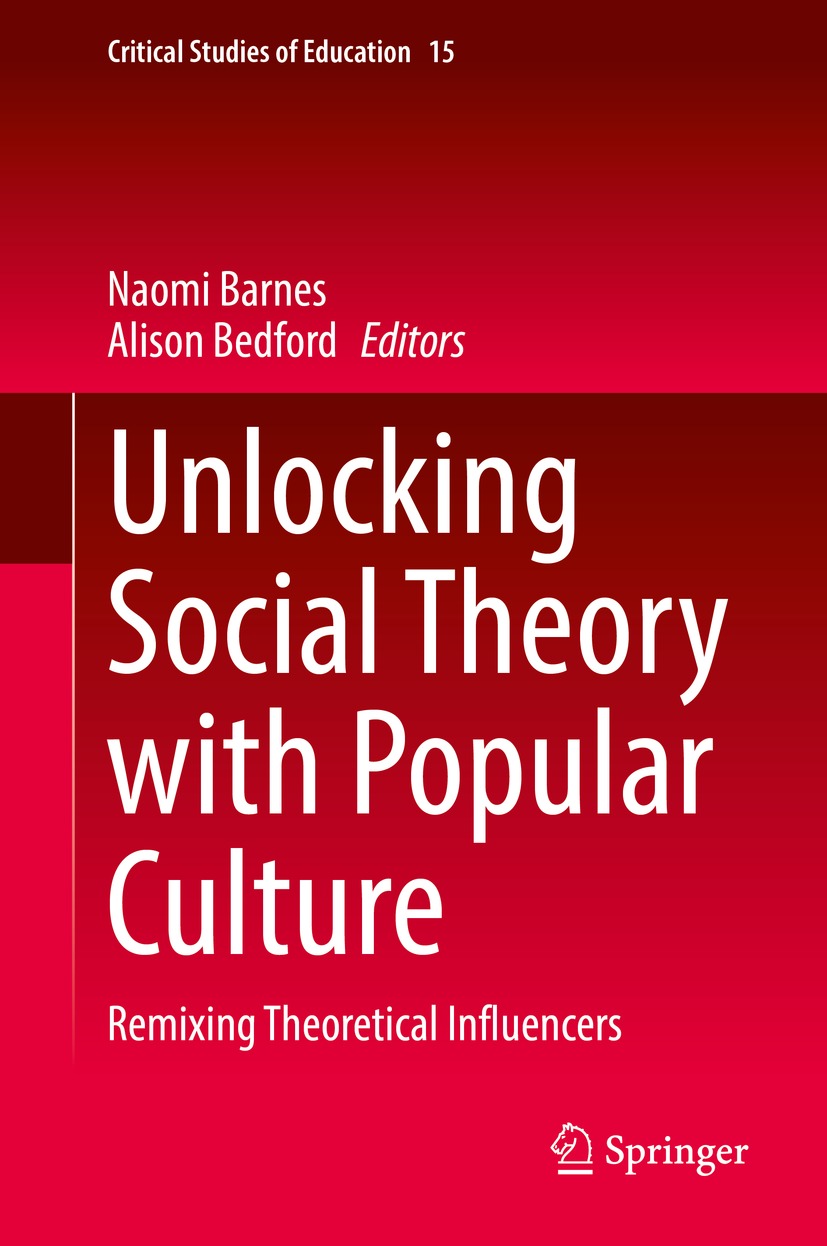Naomi Barnes (editor) - Unlocking Social Theory with Popular Culture: Remixing Theoretical Influencers
Here you can read online Naomi Barnes (editor) - Unlocking Social Theory with Popular Culture: Remixing Theoretical Influencers full text of the book (entire story) in english for free. Download pdf and epub, get meaning, cover and reviews about this ebook. year: 2021, publisher: Springer, genre: Romance novel. Description of the work, (preface) as well as reviews are available. Best literature library LitArk.com created for fans of good reading and offers a wide selection of genres:
Romance novel
Science fiction
Adventure
Detective
Science
History
Home and family
Prose
Art
Politics
Computer
Non-fiction
Religion
Business
Children
Humor
Choose a favorite category and find really read worthwhile books. Enjoy immersion in the world of imagination, feel the emotions of the characters or learn something new for yourself, make an fascinating discovery.
- Book:Unlocking Social Theory with Popular Culture: Remixing Theoretical Influencers
- Author:
- Publisher:Springer
- Genre:
- Year:2021
- Rating:5 / 5
- Favourites:Add to favourites
- Your mark:
Unlocking Social Theory with Popular Culture: Remixing Theoretical Influencers: summary, description and annotation
We offer to read an annotation, description, summary or preface (depends on what the author of the book "Unlocking Social Theory with Popular Culture: Remixing Theoretical Influencers" wrote himself). If you haven't found the necessary information about the book — write in the comments, we will try to find it.
This book demonstrates how pop culture examples can be used to demystify complex social theory. It provides tangible, metaphorical examples that shows how it is possible to do philosophy rather than subscribe to a theorist by showing that each theorist intersects and overlaps with others.
The book is embedded in the literary theory that tapping into background knowledge is a key step in helping people engage with new and difficult texts. It also acknowledges the important role of popular culture in developing comprehension.Using a choose your own adventure structure, this book not only shows students of social theory how various theories can be applied but also reveals the multitude of possible pathways theory provides for comprehending society.
Naomi Barnes (editor): author's other books
Who wrote Unlocking Social Theory with Popular Culture: Remixing Theoretical Influencers? Find out the surname, the name of the author of the book and a list of all author's works by series.

